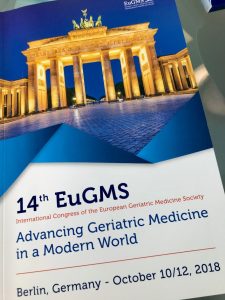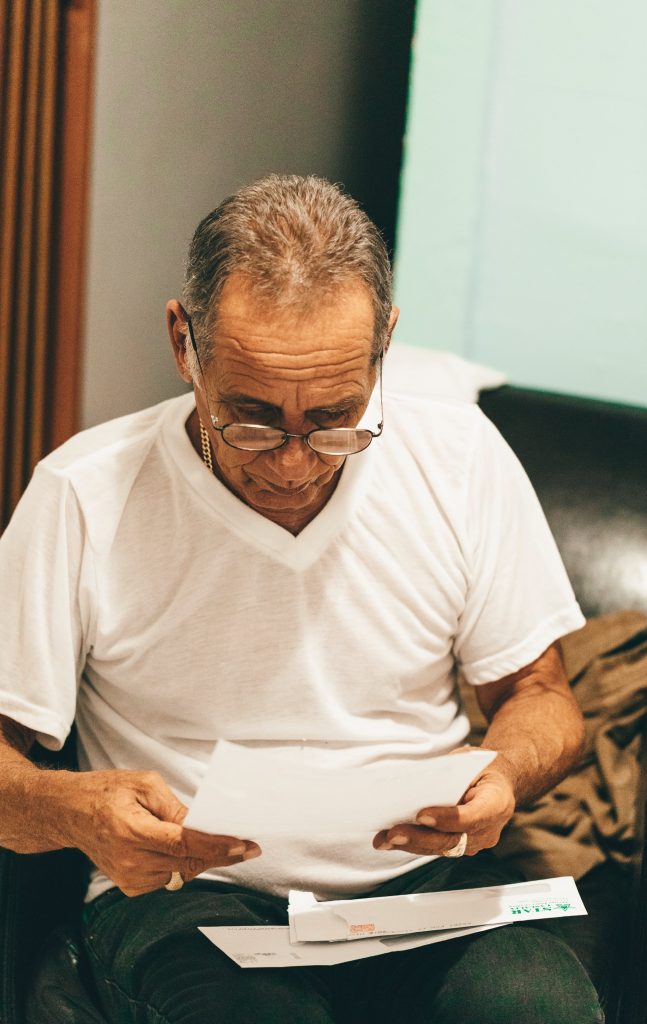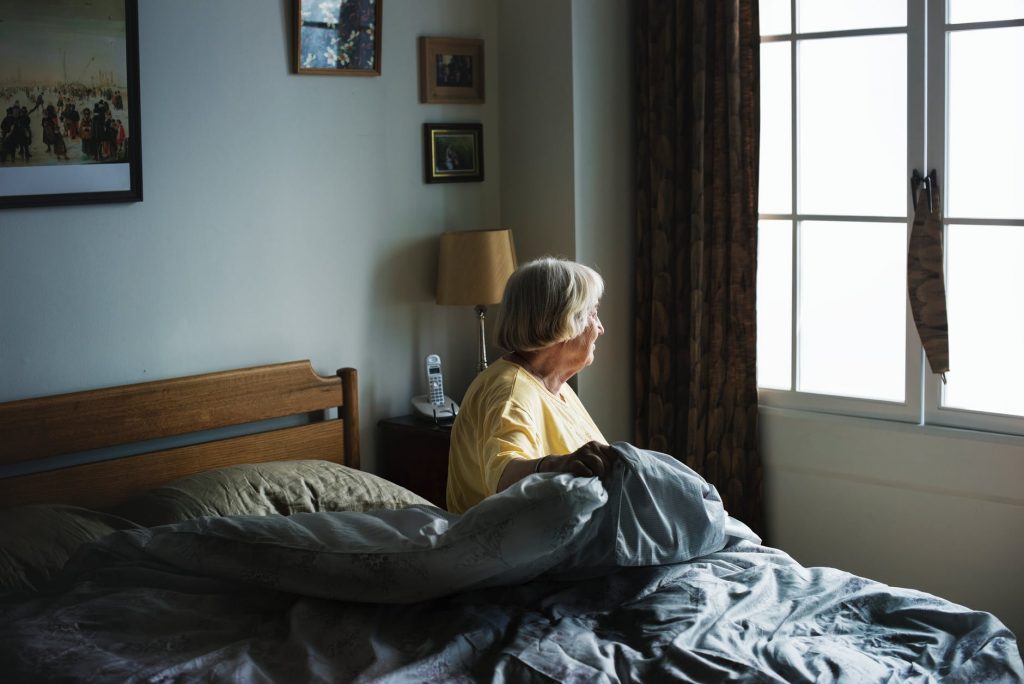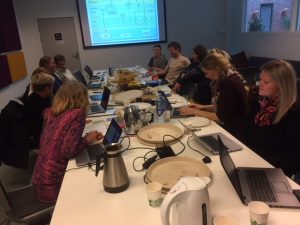The 14th EuGMS (European Geriatric Medicine Society) congress took place October 11-12th 2018 in Berlin. From Cross-Care Old, three PhD students from work package 1 (WP1), Linda Aimee Hartford Kvæl, Ingvild Lilleheie and Christine H. Hestevik, attended this inspiring congress, together with Maria Bjerk, a fellow PhD student from the Department of physiotherapy at OsloMet.


The congress theme was “Advancing Geriatric Medicine in a Modern World”, with a special focus on developments driven by technological and pharmaceutical innovations. In addition, new concepts that have evolved directly from the traditional principles of geriatric medicine were presented. The congress aimed to reflect the diversity and offer new ideas and insights for clinicians working with older patients in any continent of the world.
Linda had a poster presentation showing the results from her interviews with geriatric patients and their relatives in the context of intermediate care (IC) regarding patient participation. The title of the poster was “Choice, Voice and Co-production in Intermediate care: Exploring Geriatric Patients’ and their Relatives’ Perspectives of Patient Participation in Intermediate Care”. The analysis disclosed a lack of choice in a predetermined pathway. Being deserving means to be “sick enough” and was associated with the compliant patient that fits the system. Some main additional features are the need of a rehabilitation perspective and patient engagement to enable co-production as well as the important contribution of relatives as advocates and allies. Finally, the results show the patients vulnerable voice in the meeting with experts’ views. Although most of the patients benefited from IC, patient participation in this context could indeed be delivered in a more empowering way. Patient participation in IC seems to be influenced by underlying structures such as market, bureaucracy and psychology.
Christine presented a poster with results from her patient interviews, in addition to results from a study that investigated nutritional information in medical records/journals. The title of the poster was “Inadequate Nutritional Care and Nutritional Documentation in Medical Records of Older Patients”. The aim was to explore older patients’ experiences of nutritional care in hospital and after hospital discharge and to investigate documentation of nutritional information in medical records. The results presented here was lack of continuity of care, inadequate communication with and poor involvement of elderly patients in own nutritional health and care planning and inadequate documentation of nutritional information in the medical records.
Ingvild had an oral presentation where she presented her systematic review, Elderly patients’ experience of participation in the hospital discharge: A Qualitative Metasummary. The aim of this systematic review was to integrate international findings of older patients’ experience of participation in their discharge process from hospital, and to explore the patients’ rights and opportunities to influence the decision-making process through dialogue attuned to their preferences and potential. The findings show that older patients experience little impact in the discharge process. Participation are not sufficiently embedded in the process, and the results demonstrate that there is a gap between published health policy regarding elderly patients’ participation and the professionals’ opportunities to fulfill this policy in clinical work.
The congress was truly inspiring and packed with interesting presentations. As PhD students it was useful to get a taste of what is happening within our fields. With respect to truly inspiring presentations, Ingvild and Christine agreed on that the cultural gerontologist Prof Desmond O’Neill was memorable. He is specialist in geriatric and stroke medicine, and a writer and commentator in national media. He is concerned with the ways we portray older people and emphasize that we should use sensitivity and precision in such portraying to prevent ageism. The focus in media makes us see only disability and frailty and we therefore lose sight of the core values of those we serve as well as the benefits of ageing. He emphasizes that older people should be described in ways that respects their complexity, contribution, and civic engagement.
We also had the chance to meet the Editors in chief from major geriatric journals such as “The Journal of Post-Acute and Long-Term Care Medicine”, “Journal of the American Geriatrics Society” and “Age & Ageing” at a workshop, providing us with powerful insights on how to “get ready for research and publication”.
We really enjoyed this trip. We arrived home, full of new inspiration for our projects. It was also nice to socialize with colleagues and get to know each other a little better. Berlin was warm and sunny, and in our free time, we (of course) did some shopping and ate at some very lovely restaurants.




